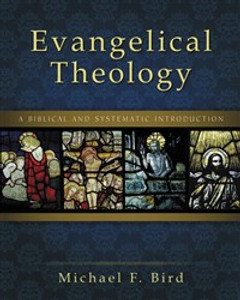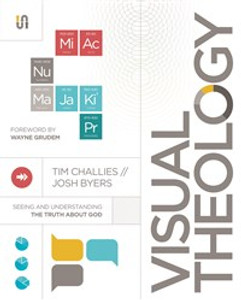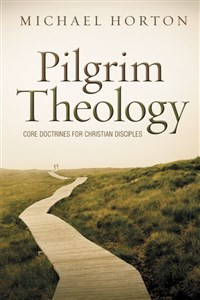Throughout the last century theologians gave great attention to the doctrine of the Trinity, and succeeded in restoring it to a central place in Christian thought. But as they highlighted the novelty of the revolutionary new trinitarianism, a number of generalizations and simplifications crept into the discussion: a contrast between a supposed Eastern view versus a Western view; a social and perichoretic foundation for divine unity; and considerable scapegoating of major historical figures, especially among early Latin theologians.
What is needed today is a re-evaluation of the twentieth-century trinitarian revolution in light of more careful historical retrievals of major thinkers from the classic tradition, in light of interesting developments in analytic theology, and in light of more nuanced conversations among representatives from between different Christian traditions.
The second annual Los Angeles Theology Conference sought to make constructive progress in the doctrine of the Trinity by highlighting the counter-revolutionary trends in the most recent trinitarian thought, and aligning the trinitarian revival with the ongoing task of retrieving the classical doctrine of the Trinity.







